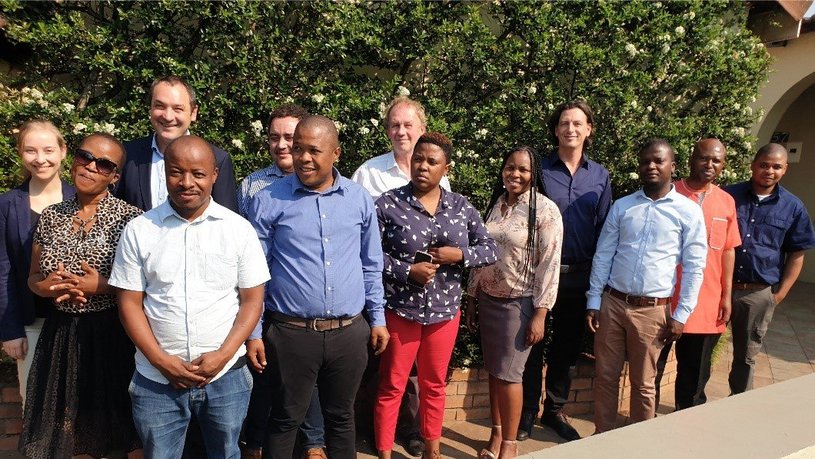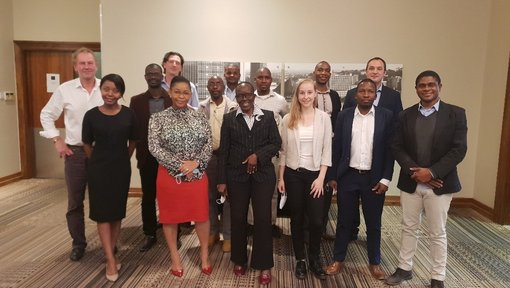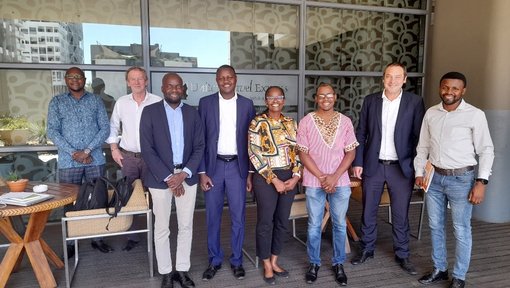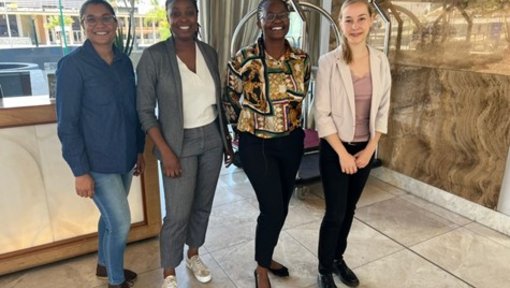In September 2022 representatives of climate change, ozone and energy departments of national ministries of Eswatini, Botswana and Namibia, as well as national standard representatives and academia, met to discuss for the first time with GIZ and GFA Consulting Group the status quo and way forward of the Cooling Program for Southern Africa (CooPSA).
CooPSA is funded by the Federal Ministry of Economic Affairs and Climate Action (BMWK) of Germany. The project kicked-off in the beginning of 2022 and aims to prepare framework conditions of an Air Conditioner (AC) replacement programme in Botswana, Eswatini, Namibia and South Africa. Therefore, Minimum Energy Performance Standards (MEPS) as well as energy labels for ACs will be nationally adopted, an AC replacement programme introducing Green ACs, using the natural refrigerant R290 and which are highly energy efficient, will be designed and a sustainable financing instrument will be developed which considers carbon finance provided under Article 6 of the Paris Agreement.
During the ad-hoc meetings in three of the partner countries in September 2022, preliminary findings on MEPS and labelling for ACs and training approaches for Air Conditioning trainers and technicians were presented, preliminary results with respect to GHG baseline establishment and the financing structure discussed, and further guidance to the project implementing team for advancing the work was given. Each ad-hoc working group meeting in the three partner countries comprised around 15 participants.

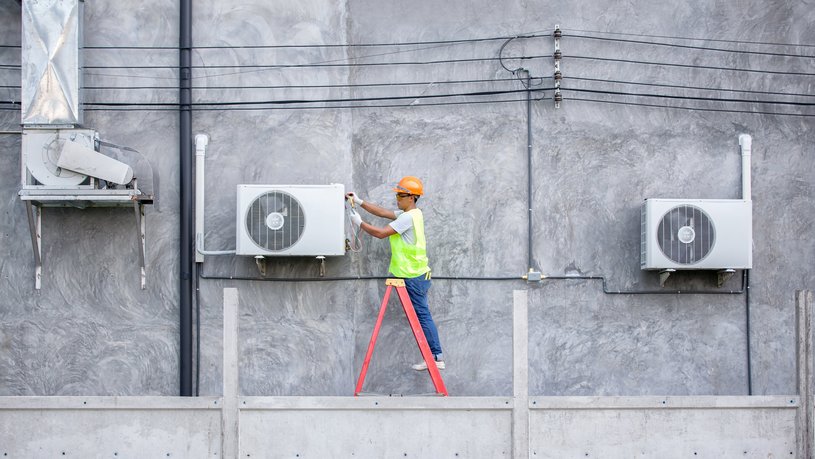 Image: © nikomsolftwaer/Stock.Adobe.com
Image: © nikomsolftwaer/Stock.Adobe.com